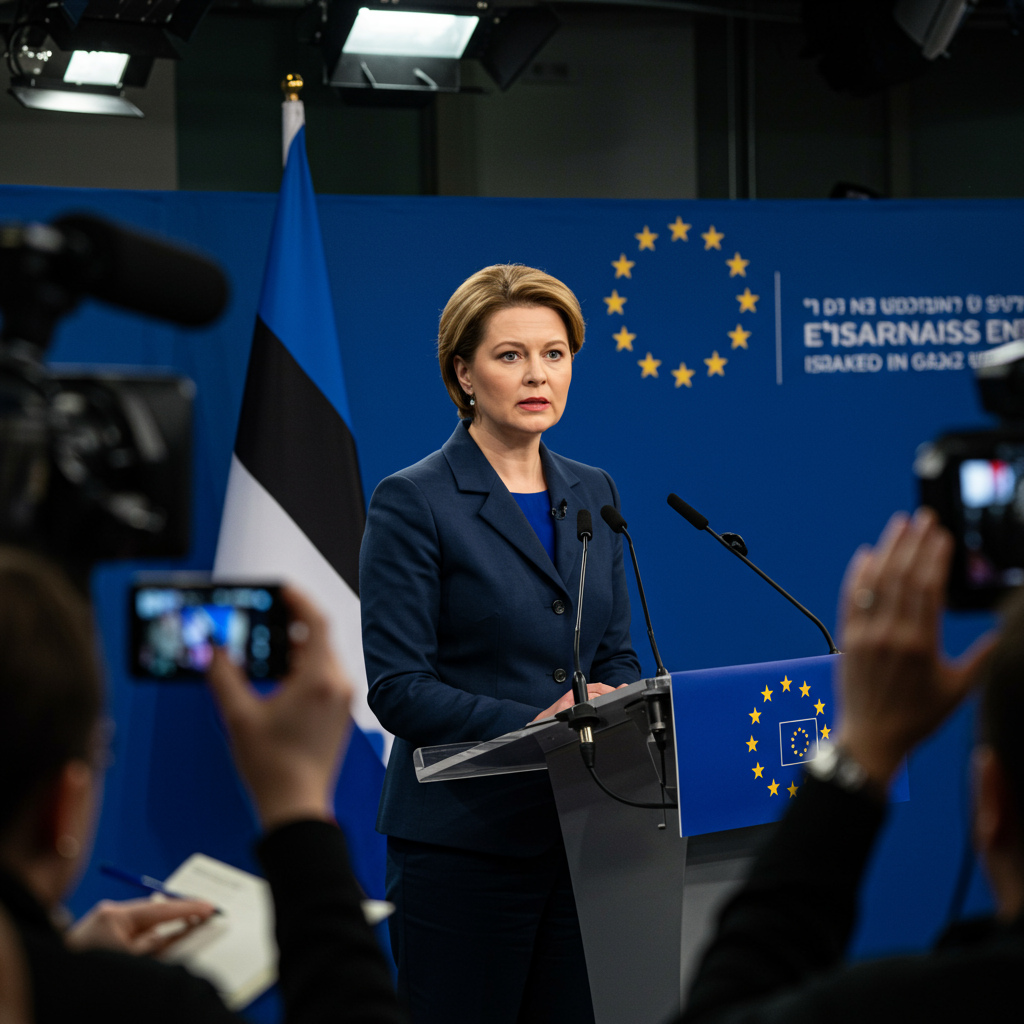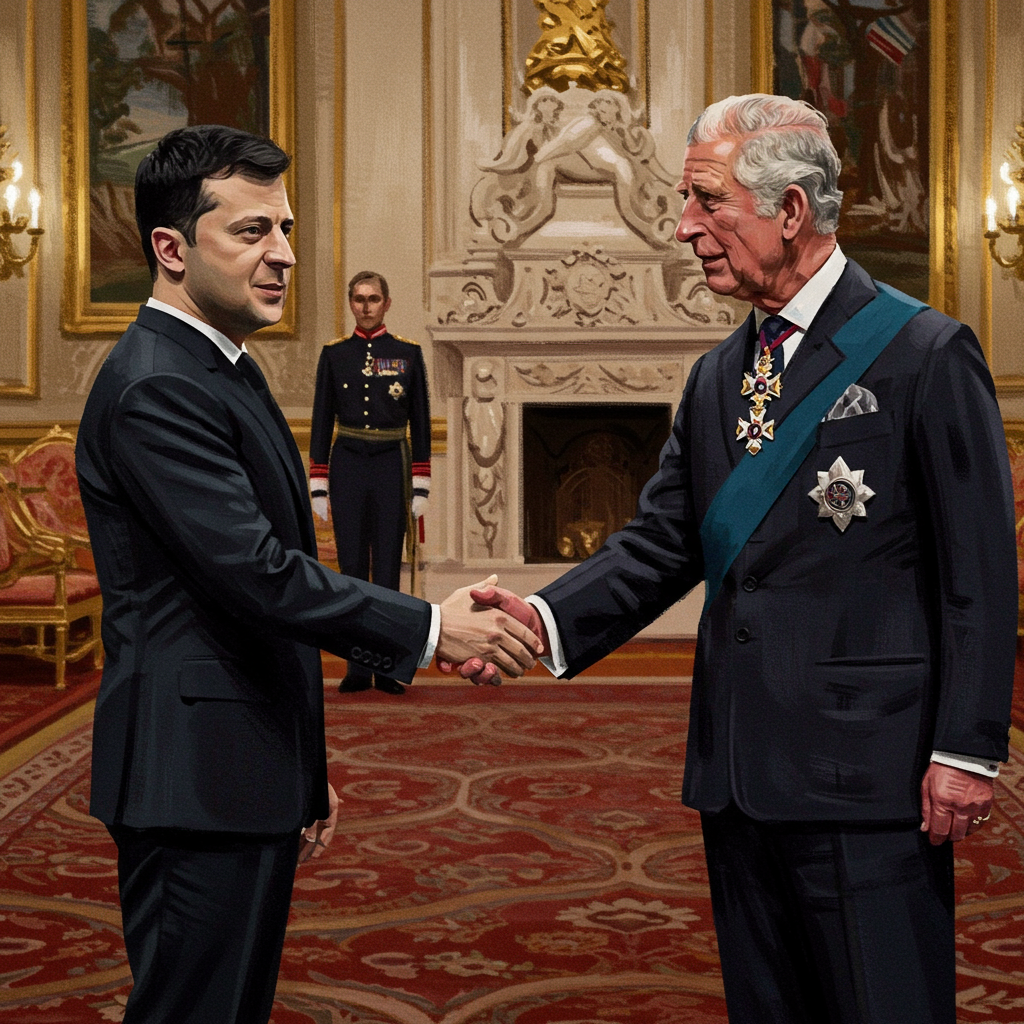The European Union’s top diplomat, Kaja Kallas, has issued a strong condemnation of Israel’s ongoing military operations in Gaza, stating unequivocally that the strikes “go beyond what is necessary to fight Hamas.” This powerful critique comes as the death toll in the besieged enclave continues its devastating rise and the humanitarian situation reaches catastrophic levels.
Mounting Civilian Toll and International Concern
Kallas’s remarks reflect growing international alarm over the humanitarian impact of the conflict. According to figures from the Hamas-run health ministry, thousands have been killed since Israel resumed its offensive following a ceasefire in March. The ministry reports that the overall death toll in Gaza since the conflict began on October 7, 2023, now exceeds 54,000 people, including a significant number of children.
Recent incidents highlight the severe consequences for civilians. An air strike in Khan Younis tragically killed nine of a Palestinian doctor’s ten children. Separately, an attack on a school building sheltering displaced families in northern Gaza resulted in at least 35 deaths overnight into Monday. Eyewitness accounts described horrific scenes, with fires trapping women and children inside classrooms used as living quarters.
Leading European figures have echoed Kallas’s concerns. Germany’s new Chancellor, Friedrich Merz, stated he “no longer understands” Israel’s objectives, arguing that the impact on the civilian population “can no longer be justified by a fight against Hamas terrorism.” EU Commission President Ursula von der Leyen has also described recent Israeli attacks on Gaza’s civilian infrastructure as “abhorrent” and “disproportionate.”
Deepening Humanitarian Crisis and Aid Blockage
A major point of contention and focus of international criticism is the critical humanitarian aid situation in Gaza. The EU is a primary donor, yet Kallas highlighted that the majority of this aid “is not reaching the people as it is blocked by Israel.”
Israel imposed a complete blockade on Gaza in March, easing it only after 11 weeks to allow a “trickle” of aid. This has led UN agencies to warn that Gaza’s 2.1 million population faces catastrophic levels of hunger. Kallas starkly described the suffering of the people as “untenable.”
Controversy Over New Aid Distribution Plan
Adding to the complexity of aid delivery, Kallas voiced the EU’s strong opposition to a new aid distribution model backed by the US and Israel. This controversial system, run by the Gaza Humanitarian Foundation (GHF) using US security contractors, deliberately bypasses established channels like the UN and other humanitarian organizations.
Kallas condemned this model as a “privatisation of the distribution of humanitarian aid,” insisting emphatically that “Humanitarian aid can not be weaponised.” The UN has reportedly rejected the GHF model as unethical and unworkable, a stance underscored by the recent resignation of the GHF’s executive director amid concerns about meeting humanitarian principles of independence and neutrality. While the US and Israeli governments claim the system is necessary to prevent aid from being stolen by Hamas (an accusation the armed group denies), critics argue it undermines impartial humanitarian efforts.
Wider International Pressure and EU Actions
The criticism from the EU aligns with increasing global pressure on Israel. The UK, France, and Canada have also issued their strongest demands yet for Israel to end its military offensive, with the UK subsequently announcing the suspension of trade talks with Israel. An international meeting in Madrid recently saw calls from participating countries for an arms embargo on Israel if attacks on civilians did not cease.
In response to the unfolding situation, the EU has launched a formal review of its trade agreement with Israel. Kaja Kallas is scheduled to present potential “options” related to this review at an upcoming EU foreign ministers meeting in Brussels on June 23.
Israeli Perspective and Recent Developments
Meanwhile, Israeli Prime Minister Benjamin Netanyahu has reiterated Israel’s objectives in the conflict. He recently claimed that the Israeli military had “eliminated” Mohammed Sinwar, identified as Hamas’s Gaza chief and a key figure in the October 7 attacks, though Hamas has not confirmed this death. This announcement followed a controversial May 13 strike near the European Hospital in Khan Younis which killed 28 people and reportedly targeted Hamas “underground infrastructure,” drawing condemnation from the UN human rights chief over civilian deaths.
Netanyahu has also reiterated plans to relocate Gaza’s entire population to a “sterile zone” in the south of the territory while fighting Hamas elsewhere, and vowed to facilitate what he described as the “voluntary emigration” of much of Gaza’s population to other countries – a plan widely viewed by critics as a forcible expulsion.
Israel continues efforts to recover hostages taken during the October 7 attack. Out of the initial 251 hostages, 58 are believed to still be held by Hamas, with around 20 confirmed to be alive and up to 38 believed deceased.
Conflict Context and Human Cost
Israel launched its military campaign in Gaza in response to Hamas’s cross-border attack on October 7, 2023, which killed approximately 1,200 people in Israel and resulted in 251 hostages being taken. Israel states its actions are aimed at destroying Hamas and securing the release of hostages. However, the scale and duration of the offensive have resulted in a massive loss of life and widespread destruction in Gaza, triggering international condemnation over the severe humanitarian cost.
References
- https://www.bbc.com/news/articles/cj937k0wg3do
- https://www.bbc.co.uk/news/articles/cj937k0wg3do
- https://www.bbc.com/news/articles/cz9yjj54v3xo
- https://www.aol.com/eu-says-israeli-strikes-gaza-124754539.html
- https://www.bbc.com/news/articles/c79e72vz70no




